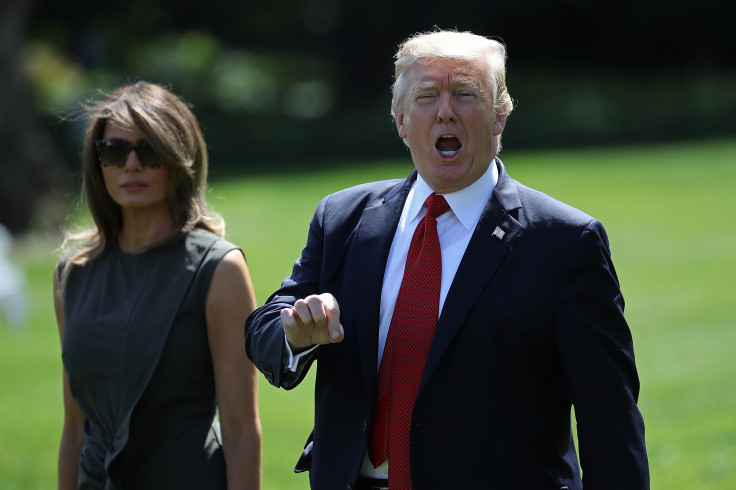
On Tuesday a piece by the BBC revealed that false claims about Democratic candidate Kamala Harris being affiliated to communism have become so popular among Latinos in recent weeks that the hashtag #ComradeKamala has trended several times on X since the last presidential debate. Misinformation, after all, is rampant this electoral season, especially since this will be the first presidential elections since the rise of generative AI.
Besides affecting political outcomes, fake news are also known to take a toll on people's wellbeing. On Thursday, for example, a poll by KFF revealed that nearly 4 in 10 immigrants say that Trump's rhetoric during this campaign has harmed them.
A new Axios Vibes survey, conducted by The Harris Poll, releases on Thursday, took a look at who the American people consider to be the biggest culprits in the spread of misinformation, and politicians came out on top, with a whopping 51% of respondents saying their role is more worrisome than that of social media platforms (35%), AI's potential to deceive (35%), media personalities promoting revisionist claims (34%), and foreign governments spreading falsehoods (30%).
"In past elections, there was always fear of misinformation and election interference coming from abroad," said John Gerzema, CEO of The Harris Poll. "But here we see the most likely source of concern is America's own politicians spreading misinformation."
Equally worrisome, eight in ten voters believe misinformation can heavily influence elections, political discourse, and civility. As the election nears, concerns about the role of misinformation in shaping outcomes remain high, with 70% of respondents expecting it to significantly affect the presidential race.
The results reflect a growing distrust in the political landscape, as more than half of those surveyed (54%) said they have disengaged from politics due to difficulty determining what is true. This skepticism was especially high among independents and Republicans, compared to Democrats. Overall, 50% of voters and nearly two-thirds of non-voters indicated that distinguishing between true and false political news has become increasingly difficult.
When it comes to spreading fake news, the survey found that Republicans are more likely than Democrats to dismiss information from unfamiliar sources as biased, with 41% of Republican voters expressing this view, compared to 26% of Democrats.
© 2025 Latin Times. All rights reserved. Do not reproduce without permission.





